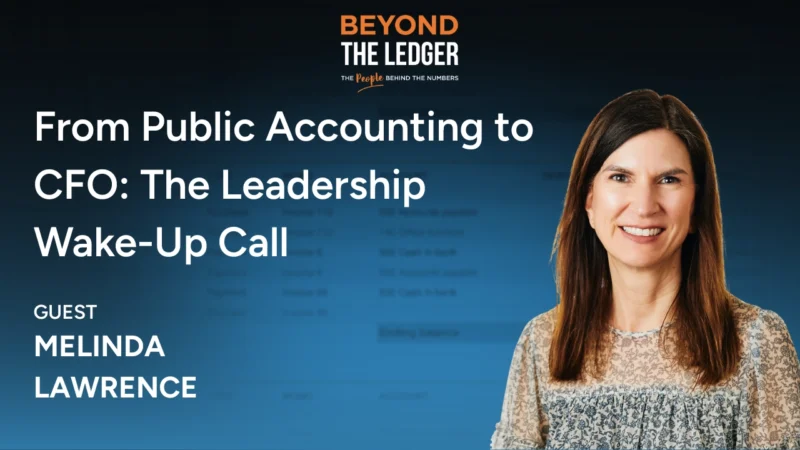Will Cryptomining’s Environmental Footprint Impact its Viability?
Cryptocurrency, and subsequently cryptomining, has had plenty of high profile reasons to be capturing investor attention and consumer imagination, from Elon Musk to claims that bitcoin could revolutionize access to global finances. However, not all crypto news is shiny as gold; the digital tokens have also been getting mainstream attention for their heavy carbon footprint, especially as countries like El Salvador adopt geothermal digital mining specifically to reduce the carbon footprint of their recently-federalized support of Bitcoin as legal tender.
On this episode of MarketScale TV, Voice of B2B Daniel Litwin talked with Rob Chang, CEO of Gryphon Digital Mining, an already carbon negative fully integrated pure-play bitcoin miner with a goal for promoting and building a standard for zero carbon footprint cryptomining. They dig into how cryptomining’s environmental impact shapes its viability and how companies accepting crypto tender, or mining it themselves, should inform their ESG strategies.
The El Salvadoran government recently became the first nation to classify Bitcoin as legal tender, which gives bitcoin significant international validation. It also provides new attention to bitcoin’s environmental impact. Cambridge University’s Bitcoin Electricity Consumption Index noted that bitcoin mining eats up more electricity than Sweden and nearly half as much energy as the UK. Researchers, however, note that it’s hard to define the environmental impact of cryptomining because of the constant growth in the industry.
“Global acceptance is definitely occurring for bitcoin,” Chang said. “The focus on electricity and how renewable energy is being used is relevant, but we need to take into account the bigger picture. It’s not a ‘should we use bitcoin or not.’ It’s a matter of bitcoin will be a new form of value exchange we’re going to see in the global marketplace, and how can we best utilize renewables and carbon-free energy to minimize the impact.”
Follow us on social media for the latest updates in B2B!
Twitter – @MarketScale
Facebook – facebook.com/marketscale
LinkedIn – linkedin.com/company/marketscale








